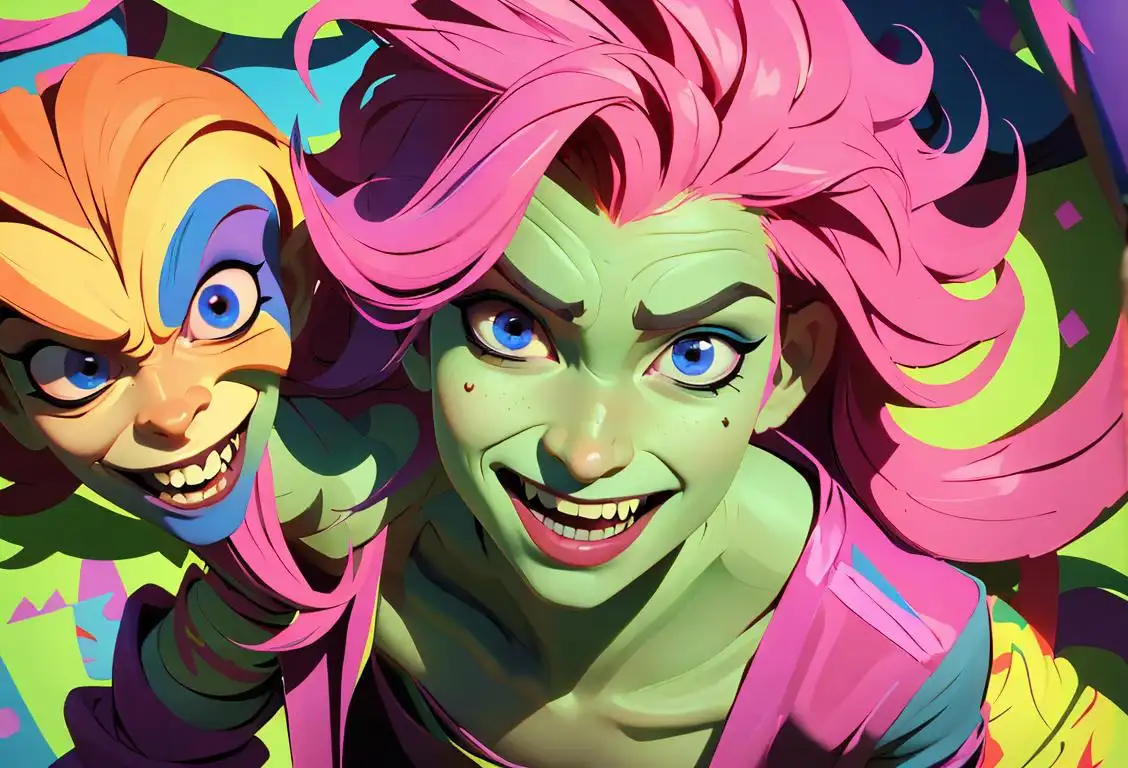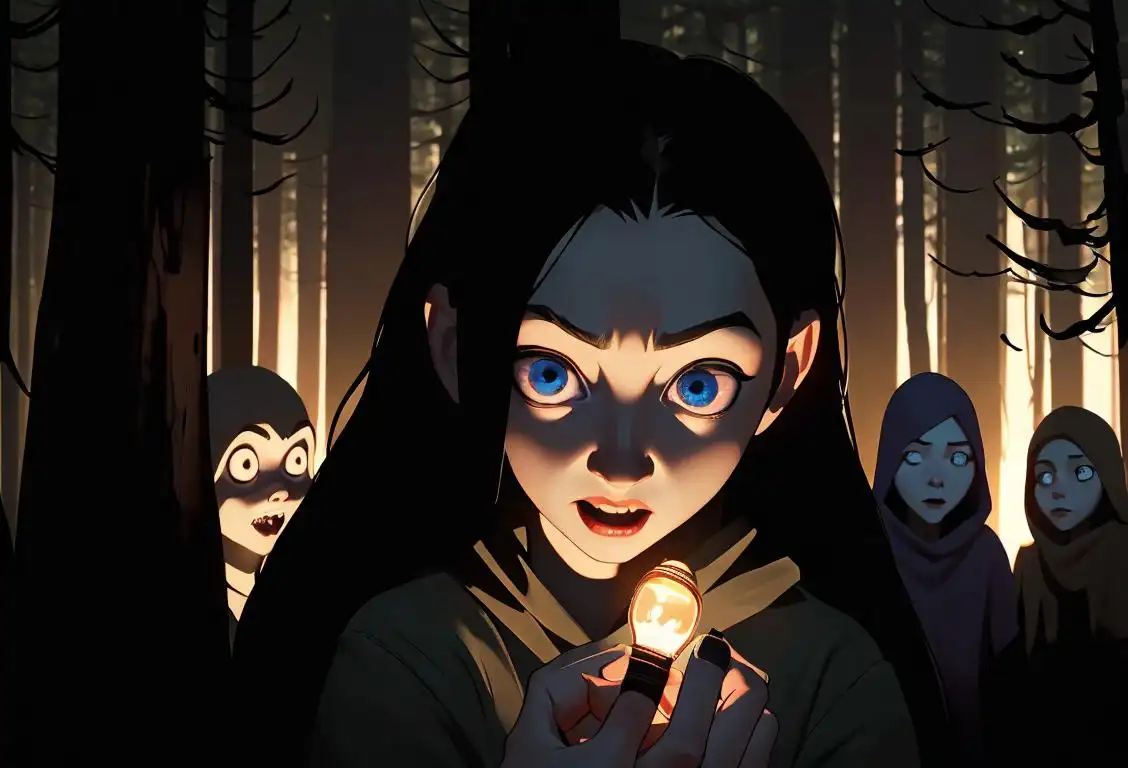National Wicked Day

Welcome to National Wicked Day! Prepare for a devilishly delightful celebration of all things wicked and mischievous. Turn up the mischief meter and join us as we delve into the history and origins of this delightfully devious day.
When is Wicked Day?
It's national wicked day on the 30th October.
The Origin of National Wicked Day
If you're a fan of all things wicked, National Wicked Day is the perfect occasion to let your mischievous side shine. This unique holiday celebrates the mischievousness and playfulness that resides within all of us. But where did this wickedly fun day come from?
While the exact origin of National Wicked Day is unknown, it has gained popularity in recent years through social media and online communities. It's a day for people to embrace their inner mischief-maker and enjoy a day of light-hearted pranks and wicked fun. From harmless tricks to mischievous antics, National Wicked Day encourages everyone to let their hair down and embrace their wicked side for 24 hours.
How to Celebrate National Wicked Day
Now that you know the origins of National Wicked Day, it's time to plan your wickedly wonderful celebration! Here are a few ideas to get you started:
- Organize a costume party and encourage guests to dress up as their favorite wicked characters. Think witches, vampires, and mischievous villains!
- Play harmless pranks on your friends and loved ones. Just remember to keep it fun and lighthearted!
- Watch your favorite wicked-themed movies or read spooky books to get in the spirit of the day.
- Create wickedly delicious treats like spooky cupcakes or bewitching cocktails.
Did You Know?
Did you know that National Wicked Day is often associated with Halloween? As the spookiest time of the year, Halloween and National Wicked Day go hand in hand. So go ahead, embrace the wickedness, and have a ghoulishly good time!
History behind the term 'Wicked'
Old English Period (450-1100)
The birth of 'wicked'
The term 'wicked' originated during the Old English period, which lasted from 450 to 1100. It derived from the Old English word 'wicca' meaning 'wizard' or 'sorcerer.' 'Wicca' later evolved to 'wicked,' acquiring a broader meaning associated with evil or morally wrong behavior.
Middle English Period (1100-1500)
Expansion of meaning
During the Middle English period, from 1100 to 1500, the term 'wicked' expanded its meaning to encompass not only evil or morally wrong actions, but also mischief, misfortune, and trouble. It became a versatile word to describe various forms of negativity and wrongdoing.
Shakespearean Era (late 16th to early 17th century)
Theatrical prominence
In the Shakespearean era, during the late 16th to early 17th century, the term 'wicked' gained significant prominence in the theatrical world. It featured prominently in many of William Shakespeare's plays, such as 'Macbeth,' 'Hamlet,' and 'Othello.' The usage and portrayal of 'wicked' characters in these plays further popularized the term and solidified its association with malevolence and villainy.
Modern Usage
The evolution of contemporary usage
In modern times, the term 'wicked' has continued to evolve in its usage. While still retaining its association with evil or morally wrong behavior, it has also taken on a colloquial meaning denoting something impressive, excellent, or extremely enjoyable. This latter usage is particularly prominent in certain English-speaking regions, such as New England in the United States. The duality of meanings reflects the fascinating journey of 'wicked' throughout history.
Did you know?
Did you know that National Wicked Day is often associated with Halloween? As the spookiest time of the year, Halloween and National Wicked Day go hand in hand. So go ahead, embrace the wickedness, and have a ghoulishly good time!Tagged
nsfw funFirst identified
30th October 2016Most mentioned on
30th October 2016Total mentions
34Other days
Children Day
Awareness Day
Intelligence Richard Grenell Has Declassified A Mysterious Inauguration Day
Nightmare Just Day
Opposite Day
One Day
Happiness Day
Kisses Day
Stormy Daniels Day
Frappe Day









